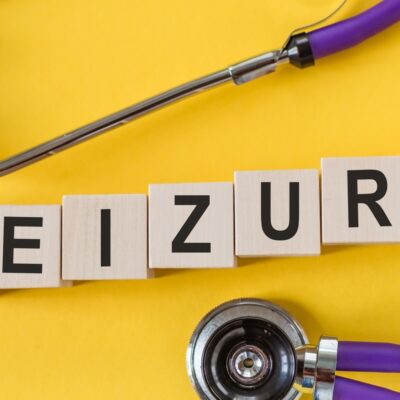
Health
5 Odors that Can Cause Migraines or Headaches
Migraines and headaches are often triggered by a variety of factors, and odors are one of the most common culprits. Whether it’s a whiff of something unpleasant or a scent that’s simply too strong, certain smells can lead to discomfort or a full-blown migraine. If you find yourself reaching for medications like Qulipta, Advil, Tylenol, Excedrin, Motrin, Nurtec, Rimegepant, or Ubrelvy after encountering specific odors, you’re not alone. Let’s dive into the world of scent-related headaches and explore some effective treatment options. 1. Perfumes and colognes Perfumes and colognes are often composed of a complex blend of chemicals that can be overwhelming for some individuals. The strong fragrances can irritate the nasal passages and trigger migraines. This is particularly true in confined spaces where the scent has nowhere to dissipate. If you find yourself in such a situation, stepping outside for fresh air can help. For relief, medications like Excedrin or Nurtec can be effective in alleviating the headache. 2. Cleaning products Many cleaning products contain harsh chemicals that emit potent odors. Ammonia and bleach, in particular, are notorious for causing headaches. The strong, acrid smell can be a direct trigger for migraines. When using these products, ensure the area is well-ventilated.
Read More 















